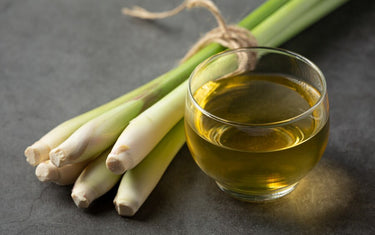- Home
- Pure Essential Oils
- Citronella Essential Oil
Citronella Essential Oil
Rated 4.9 out of 5 stars
49
-

- REPELLENT
- -
- CRUELTY-FREE
- -
- UPLIFTING
-

FREE Shipping
Over £35
Over £35
Interest-Free Payment Options
Stress-Free
30-Day Returns
30-Day Returns
FREE Shipping
Over £35
Over £35
Interest-Free Payment Options
Stress-Free
30-Day Returns
30-Day Returns
Share this product




















